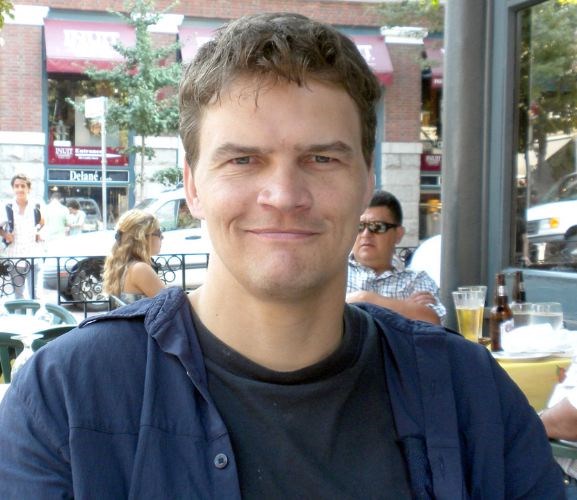A coroner's jury will be tasked with trying to find ways to prevent the circumstances that led to the death of Greg Matters last year from being repeated.
The B.C. Coroners Service announced an inquest Thursday to probe more deeply into what happened to the 40-year-old Prince George resident before he was shot by a member of the Prince George RCMP's emergency response team following a standoff near the family's home in Pineview on Sept. 10, 2012.
The incident began around 3 a.m. on Sept. 9, when Matters called police about a dispute he was having with his brother at the family's Pinko Road property. The situation escalated over the ensuing hours and police decided to arrest Matters for uttering threats. Before they were able to take him into custody, Matters went to a cabin on an adjoining lot, which also owned by the Matters family.
With the emergency response team moving in to make an arrest, Matters was shot around 7:15 p.m. after moving towards officers while brandishing a hatchet. Police had first tried to use a stun gun to contain Matters, but were unsuccessful.
The situation was complicated by Matters' mental state at the time of the shooting. A veteran of the Canadian peacekeeping operation in Bosnia, Matters had for years been suffering from post-traumatic stress disorder as a result of his time in the military. His family had begun to see progress in his condition but he had a few run-ins with the RCMP in the months leading up to shooting.
Vancouver-based psychiatrist Dr. Greg Passey, who had been treating Matters, told mourners at Matters' funeral that the psychological injuries his patient suffered during his time in the military played a significant role in his death.
"If it wasn't for government agencies' ignorance of his injuries, he'd still be here," Passey said at the memorial service held on Sept. 28.
A jury of five to seven people will be selected to hear the case at the Prince George courthouse from Oct. 7-11, where they will hear evidence from people involved in the incident.
The witnesses will be questioned about what happened by lawyers representing the B.C. Coroners Service, the jury and the presiding coroner. The Matters family will also have the opportunity to have legal counsel present to ask questions.
Once the jury has heard all the evidence they will be tasked with coming with recommendations to prevent a similar incident from happening again, but they are not permitted to find fault.
Presiding coroner Chico Newell will have similar powers to a judge during the inquest, but the proceedings are much less formal and less adversarial than a criminal court.
Often lawyers will directly ask witnesses what type of policy changes or other recommendations would help prevent future incidents to aid jury members in their deliberation.
Inquests generally last three to five days, with juries often taking about half a day to reach their conclusions.
The Matters case was the first one handled by the Independent Investigations Office (IIO), a provincial agency tasked with investigating injuries or death from police incidents. In its report released on May 1, the organization cleared the RCMP of any criminal wrongdoing.
A coroner has been working with the IIO throughout the process to help identify which witnesses should be called at the inquest.
Coroner's inquests are automatically held for in-custody deaths and the Matters case comes close to meeting that requirement because he was not free to leave at the time of the incident. That Matters was killed in a police shooting also factored into the decision to hold an inquest.


.png;w=120;h=80;mode=crop)
